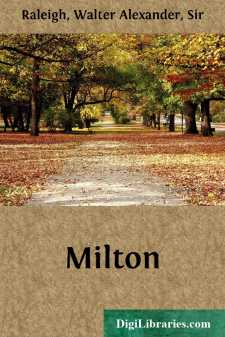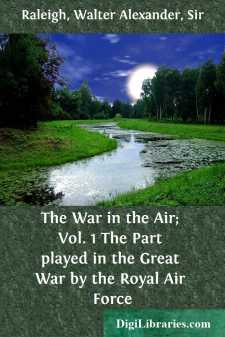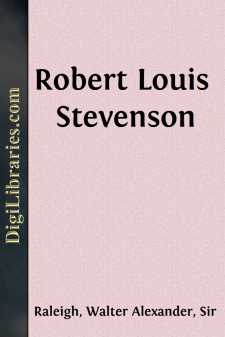Categories
- Antiques & Collectibles 13
- Architecture 36
- Art 48
- Bibles 22
- Biography & Autobiography 815
- Body, Mind & Spirit 144
- Business & Economics 28
- Children's Books 18
- Children's Fiction 14
- Computers 4
- Cooking 94
- Crafts & Hobbies 4
- Drama 346
- Education 58
- Family & Relationships 59
- Fiction 11833
- Games 19
- Gardening 17
- Health & Fitness 34
- History 1378
- House & Home 1
- Humor 147
- Juvenile Fiction 1873
- Juvenile Nonfiction 202
- Language Arts & Disciplines 89
- Law 16
- Literary Collections 686
- Literary Criticism 179
- Mathematics 13
- Medical 41
- Music 40
- Nature 179
- Non-Classifiable 1768
- Performing Arts 7
- Periodicals 1453
- Philosophy 65
- Photography 2
- Poetry 896
- Political Science 203
- Psychology 44
- Reference 154
- Religion 515
- Science 126
- Self-Help 85
- Social Science 82
- Sports & Recreation 34
- Study Aids 3
- Technology & Engineering 59
- Transportation 23
- Travel 463
- True Crime 29
Walter Alexander Raleigh
Walter Alexander Raleigh (1861-1922) was a British essayist, scholar, and critic known for his contributions to literary studies and criticism. He held various academic positions, including the role of Professor of English Literature at the University of Oxford. Raleigh authored several influential works, such as "The English Novel" and "Style," which helped shape modern literary thought. His writing often explored the relationship between literature and history, reflecting his deep knowledge of both fields.
Author's Books:
Sort by:
INTRODUCTION Francis Bacon, in one of his prose fragments, draws a memorable distinction between "arts mechanical" and "sciences of conceit." "In arts mechanical," he says, "the first device comes shortest, and time addeth and perfecteth. But in sciences of conceit the first author goeth farthest, and time leeseth and corrupteth.... In the former, many wits and industries...
more...
INTRODUCTION When Great Britain declared war upon Germany in August 1914, she staked her very existence as a free nation upon an incalculable adventure. Two new means and modes of warfare, both of recent invention, enormously increased the difficulties of forecast and seemed to make precedents useless. Former wars had been waged on the land and on the sea; the development of submarines and aircraft...
more...
ROBERT LOUIS STEVENSON When a popular writer dies, the question it has become the fashion with a nervous generation to ask is the question, ‘Will he live?’ There was no idler question, none more hopelessly impossible and unprofitable to answer. It is one of the many vanities of criticism to promise immortality to the authors that it praises, to patronise a writer with the assurance that our...
more...




